Ever picked up a mango and wondered, “Hey, why is it called that?” Well, you’re in for a treat because these names have some interesting stories behind them!
One of the most anticipated things about summer in India is the sweet, juicy, and luscious mangoes. But have you ever stopped to think about how these mango varieties got their names? Each one has a unique history, and today, we’re diving into some of the most intriguing ones.
While everyone has their favourites — be it Dasheri, Badami, Chaunsa, Himsagar, or even the more local varieties — mangoes are cherished across India. But if mangoes were influencers, the Alphonso mango would undoubtedly have the most followers.
Meet the Alphonso – named after a Portuguese general!
Let’s start with the king of mangoes. The Alphonso is actually named after Afonso de Albuquerque, a Portuguese general who came to India in the 15th century. Known for establishing Portuguese colonies across Asia, he also earned the title ‘Conqueror of Goa’.
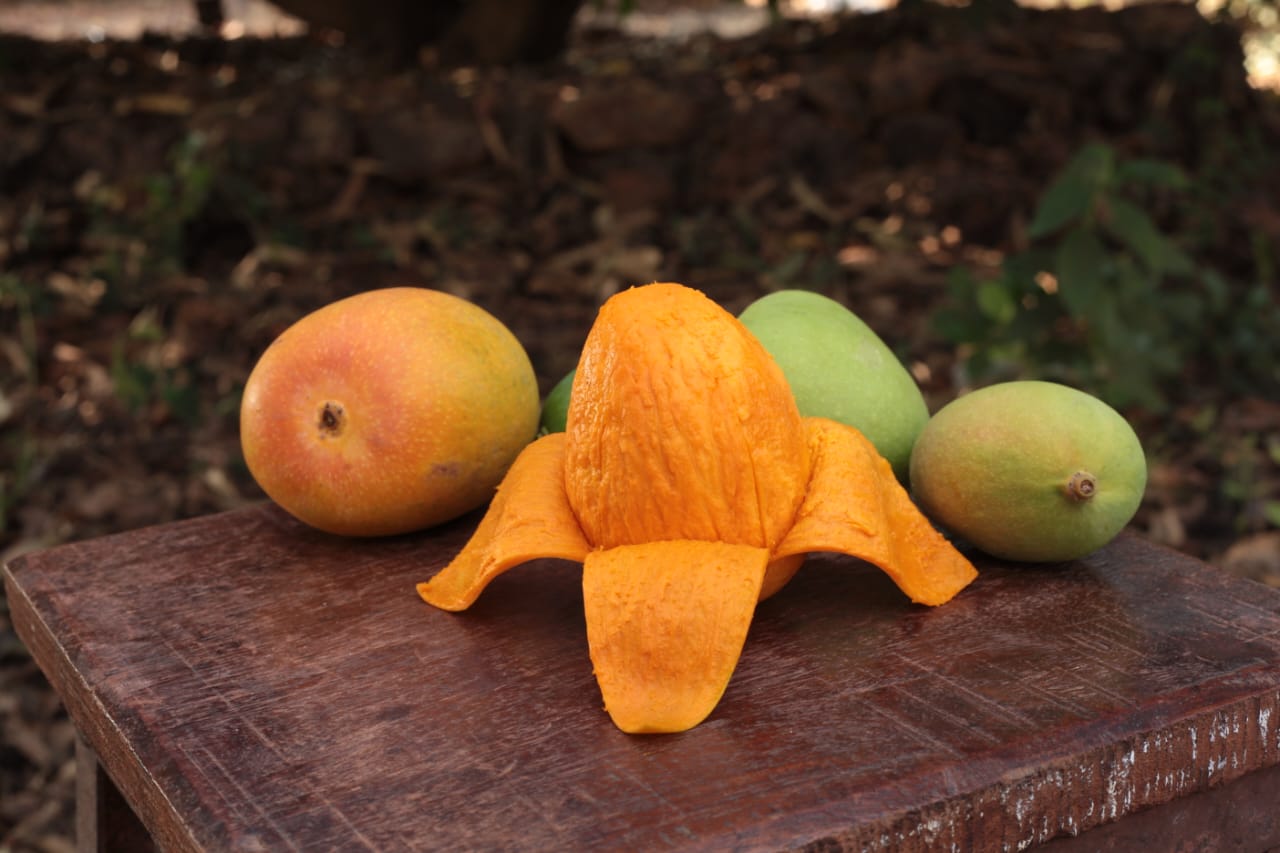
While the Portuguese were primarily after spices, they also played a key role in cultivating mangoes in Goa! Today, the finest Alphonsos come from Ratnagiri in Maharashtra, making them one of the most sought-after mango varieties.
The Langda: a farmer’s legacy
Moving east to Bihar, we find the Langda aam, which has a rather unusual name. Legend has it that this variety got its name from a Varanasi farmer who had a limp (langda means limping in Hindi). Despite his disability, he tended to his orchard with great care, producing exceptionally delicious mangoes.
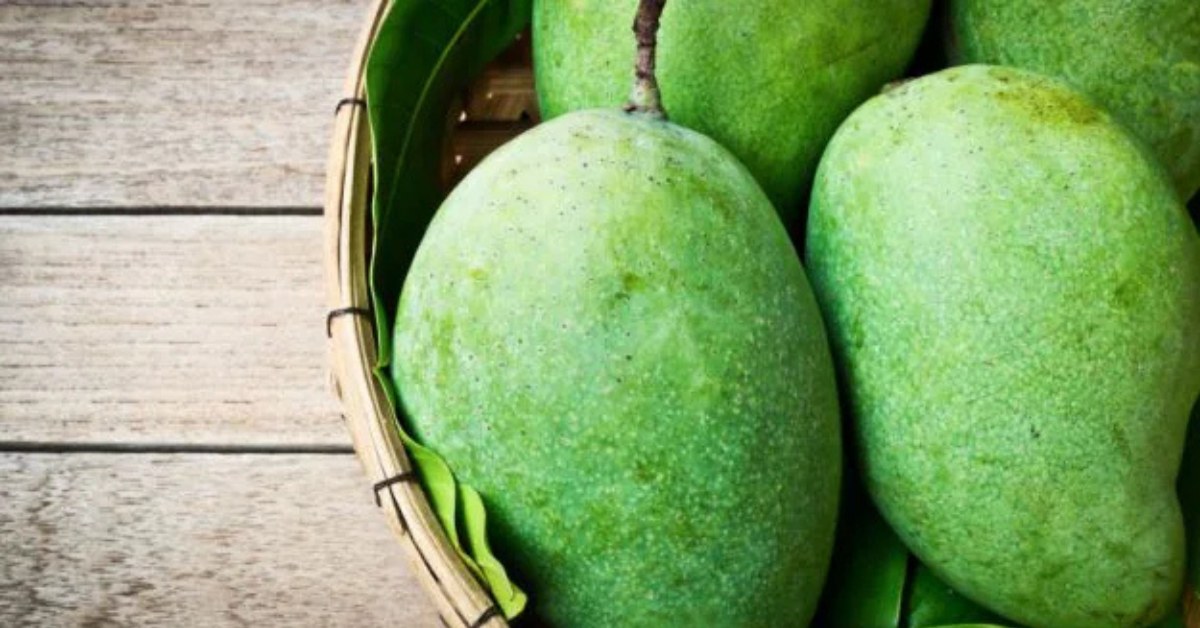
Over time, people began calling the mangoes from his trees ‘Langda Aam’ in recognition of his dedication. Today, this variety remains a favourite across North India.
Dasheri: Born in a royal garden
Next up is the Dasheri, a mango with a rather regal history. This variety gets its name from Dasheri village near Lucknow, where it was first grown in the royal garden of the Nawab of Lucknow.
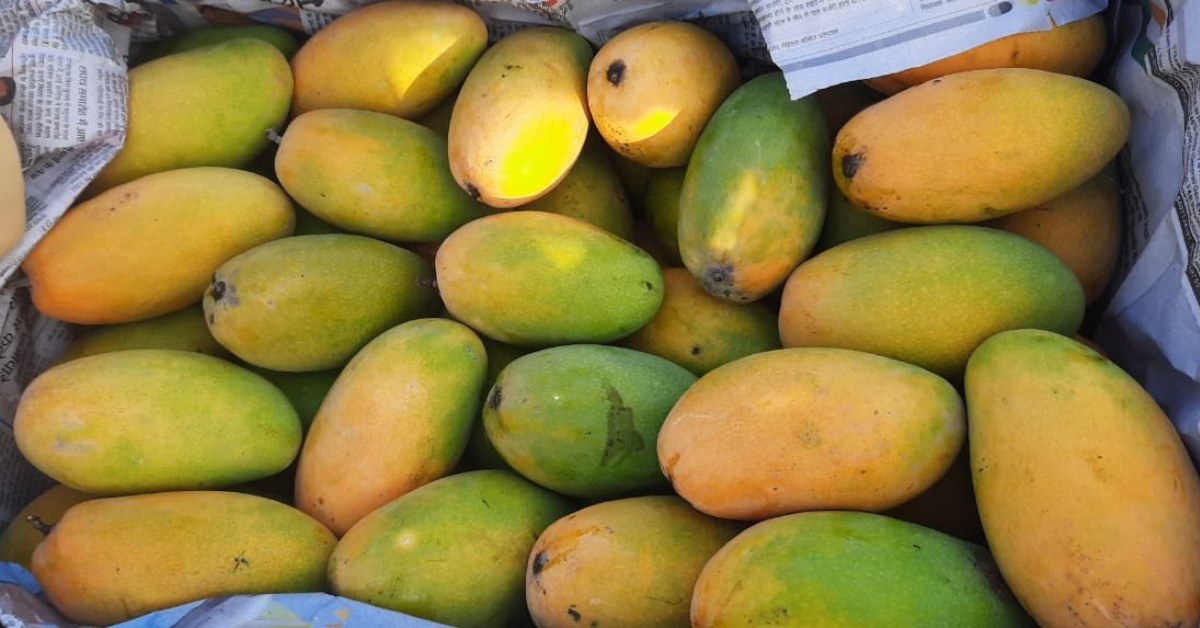
Today, these long, yellow mangoes are loved across North India.
Chaunsa: A sweet victory
The Chaunsa mango got its name after a battle! When Sher Shah Suri emerged victorious at the Battle of Chaunsa, he was so overjoyed that he named this super-sweet mango after it. Now, that’s one unique way to celebrate a win!
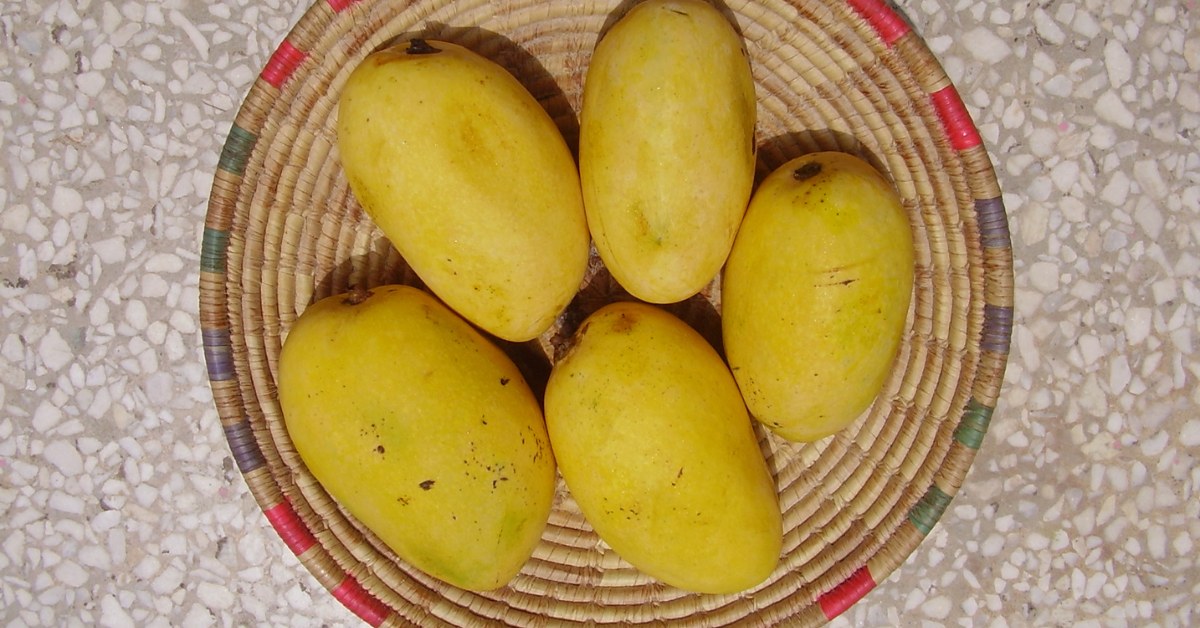
Badami – as the name suggests
Sometimes, the simplest explanations are the best ones. The Badami mango from Karnataka got its name because it resembles an almond (‘badam’ in many Indian languages).
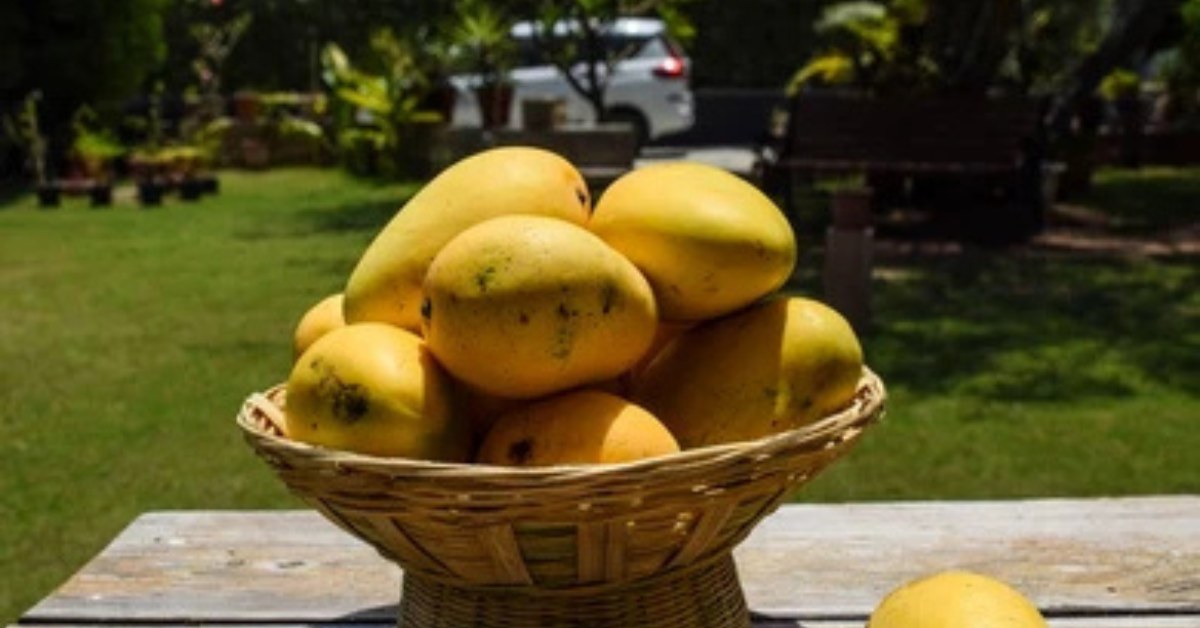
And just like almonds, this mango is rich, sweet, and absolutely delightful!
Isn’t it amazing how each mango has its own story? These aren’t just random names — they are little pieces of India’s history that we can actually taste. So, the next time you enjoy your favourite mango, it will make the experience even sweeter.
Because in India, mangoes aren’t just fruits — they are a whole summer celebration!
Edited by Khushi Arora
No comments:
Post a Comment